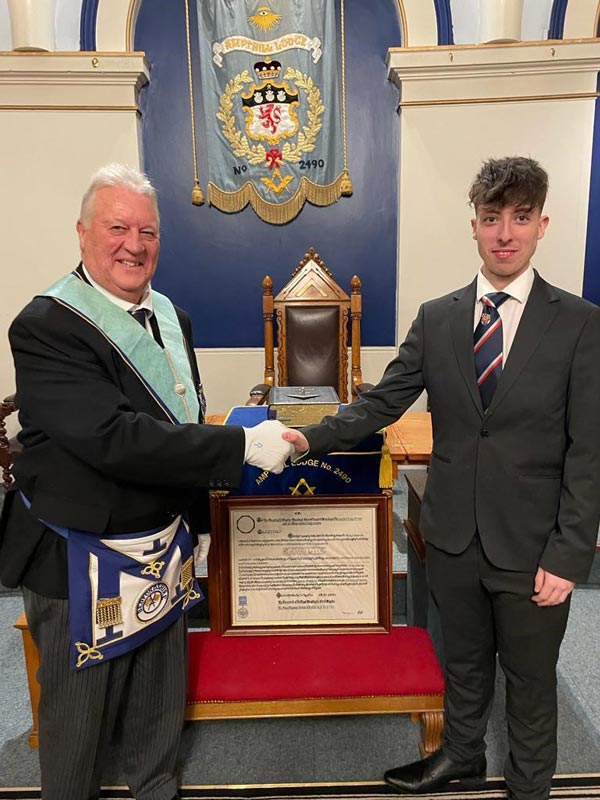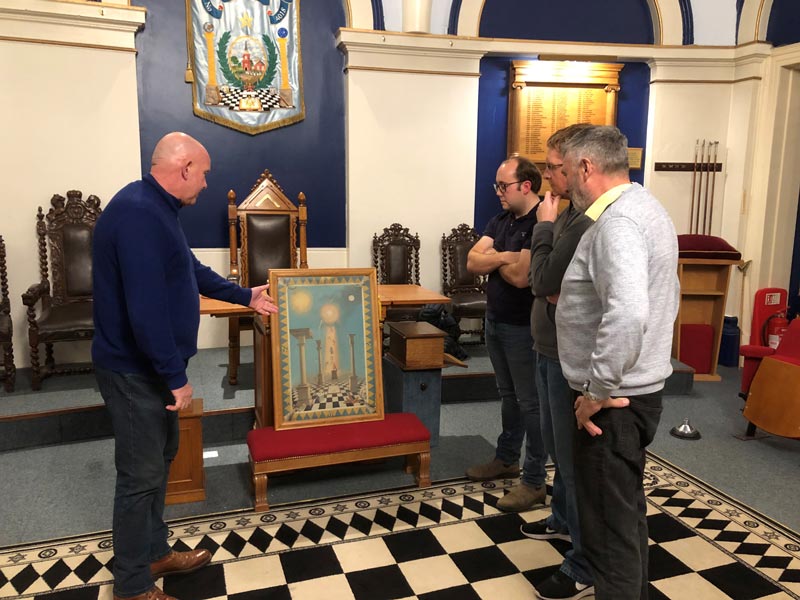What is Freemasonry?
The problem with the question “What is Freemasonry?” is the size of the answer to the question. The answer not being possible to give in the context of one conversation. In the 1700’s someone wrote down “It is a peculiar system of morality veiled in allegory illustrated by symbols”. This makes it even harder when many “facts and legends” were never intended to be taken as literally true. Whatever a student of Freemasonry looks for to study on their journey they will find.
What happens?
In Craft Freemasonry there are several degrees, with a ritual attached to each. These rituals date back for certain to the 1700’s and probably much further and are handed on from generation to generation unchanged and intact.
The degrees relate to differing levels of an individual’s intellectual and emotional development. Interestingly these degrees are increasingly paralleled by a lot of modern neuroscience.
After each ceremony there is a formal dinner and each lodge will have its own traditions during the meal. One of the most important things is the development and practising the values of integrity, friendship, respect and service.
Freemasonries influences
Where to begin? The rationalist philosophers of the 1600’s? Plato or Plotinus? Hindu, Ancient Arabic, Islamic or Hebrew traditions? Far eastern philosophies? To become a Freemason you must have a faith but that faith is yours and yours alone.

Freemasonry through generations - Lodge Master & grand son

History
This goes back so far it can get difficult especially when to take on board what I said earlier about allegory. In the early 1700’s the Ancients and the Moderns combined to create what we now refer to as Free and accepted Masons. The oldest known text that can be seen clearly to relate to Masonry is the Halliwell document of 1380 but even this relates to documents now long lost.
Charity
This is a cornerstone of Freemasonry with charitable donations being made to people and organisations on an International, National and local level.
